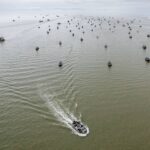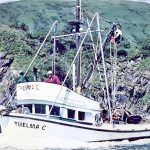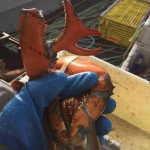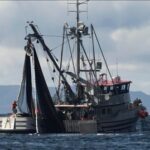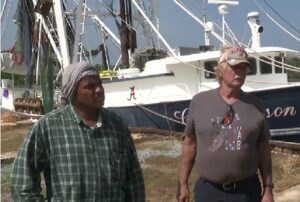Daily Archives: February 11, 2018

D.B. Pleschner: Is court the right place to determine ‘best available science’?
A U.S. District Court judge recently ruled that the federal government’s catch limit for California’s central stock of anchovy — currently 25,000 metric tons — is far too high. But instead of weighing all the facts, the judge ignored them, shunned the established precedent of deference to federal agencies’ scientific determinations and instead endorsed the flawed arguments of the advocacy group Oceana. So what happened? >click to read< 21:55
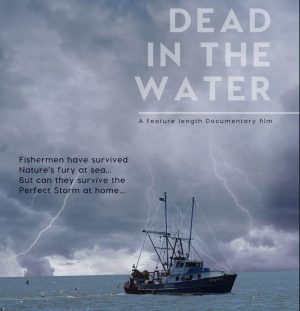
‘Dead in the Water’ screened in Gloucester – ‘We knew it was bad, but we had no idea how bad’
There have been almost a half-dozen screenings now of the “Dead in the Water” documentary on the commercial fishing crisis and one things is clear: Most people who don’t fish for a living have no real grasp of the complexities and challenges that fishermen face every day just to keep fishing. That, of course, was one of the motivating forces in the making of the film, both for director David Wittkower, a Rockport native, and stakeholder producers John Bell and Angela Sanfilippo.,, “It’s accurate and it’s painful,” Sanfilippo said Saturday morning before the first of two sold-out screenings at the Cape Ann Museum. “But it’s the truth.” >click to read< 18:25
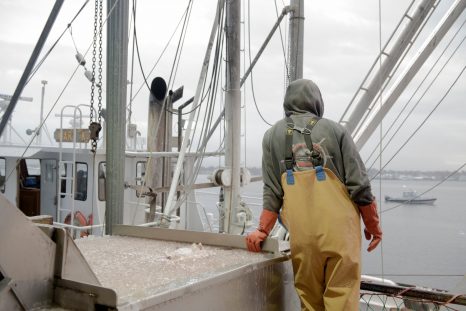
A Famed Fishing Port Staggers as Its ‘Codfather’ Goes to Jail
Carlos Rafael, whose initials are emblazoned on boats all over this port city, boasted that his fishing empire was worth even more than official records showed.,,Fishermen, ice houses and shoreside suppliers who once did business with Mr. Rafael are anxious, as their own businesses have slowed or stopped. As Mr. Rafael sits in prison, having pleaded guilty to lying about his catches and smuggling cash out of the country, nearly two dozen of his boats have been barred from fishing for species like cod and haddock, grinding part of the centuries-old maritime economy in the nation’s most lucrative fishing port to a halt. >click to read< 16:45 
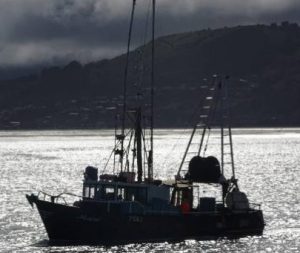
Code of conduct for fishing reinforced by Nelson industry
Nelson’s commercial fishermen have reinforced their backing for an industry-wide code of conduct to stamp out illegal practices. The code was developed by New Zealand’s major fishing companies to reinforce last year’s Promise media campaign to improve catch practices. As part of a 13-port tour, Seafood New Zealand chief executive Tim Pankhurst and Fisheries Inshore New Zealand chief executive Dr Jeremy Helson visited Nelson last Friday. >click to read< 15:19

‘There’s no closure,’ say families of missing fishermen after search ends
In the year before he went missing in choppy waters 40 miles off the coast of Barnegat, Paul Alexandre Matos bought a house, had a daughter and got licensed to commercially fish on his own boat. He had been working as a fisherman for other people, said his girlfriend, Amy Romano, but he decided last summer to strike out on his own.,, Alice Vannote, Dennis Smalling’s mother, on Saturday said she was still trying to process that the 34-year-old son who had lived with her in Point Pleasant is gone. >click to read< 10:19
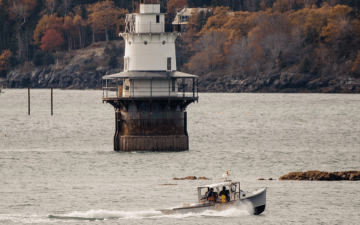
Helpful Lobsterman Lends a Neighborly Hand by Hauling Other People’s Traps
Stonington – People here in this quiet fishing village are so friendly, one man will even take it on himself to haul other people’s traps when they aren’t around. Neighbors have plenty to say about the man, who’s about as close to as celebrity as you’re likely to find in a town of 1,100 people. “Yeah, I know him. We all do. Slick as a slime eel,” said one admirer, who wished to remain nameless. The helpful lobsterman, in spite of his local fame, prefers to keep to himself, refusing to answer our phone calls. >click to read< 09:40
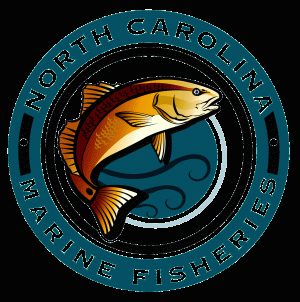
Editorial: A callous agenda – defining who is a commercial fisherman
Once again defining who is a commercial fisherman in North Carolina is on the N.C. Marine Fisheries Commission’s agenda when it meets Wednesday and Thursday at the Blockade Runner in Wrightsville Beach.We say “once again” because as county resident Bill Hitchcock pointed out in a January letter to the editor, the definition “has been clearly defined since 1997 and thoroughly investigated, debated ad nauseam and determined to be properly defined by the commission back in October 2010.” >click to read< 08:57

































